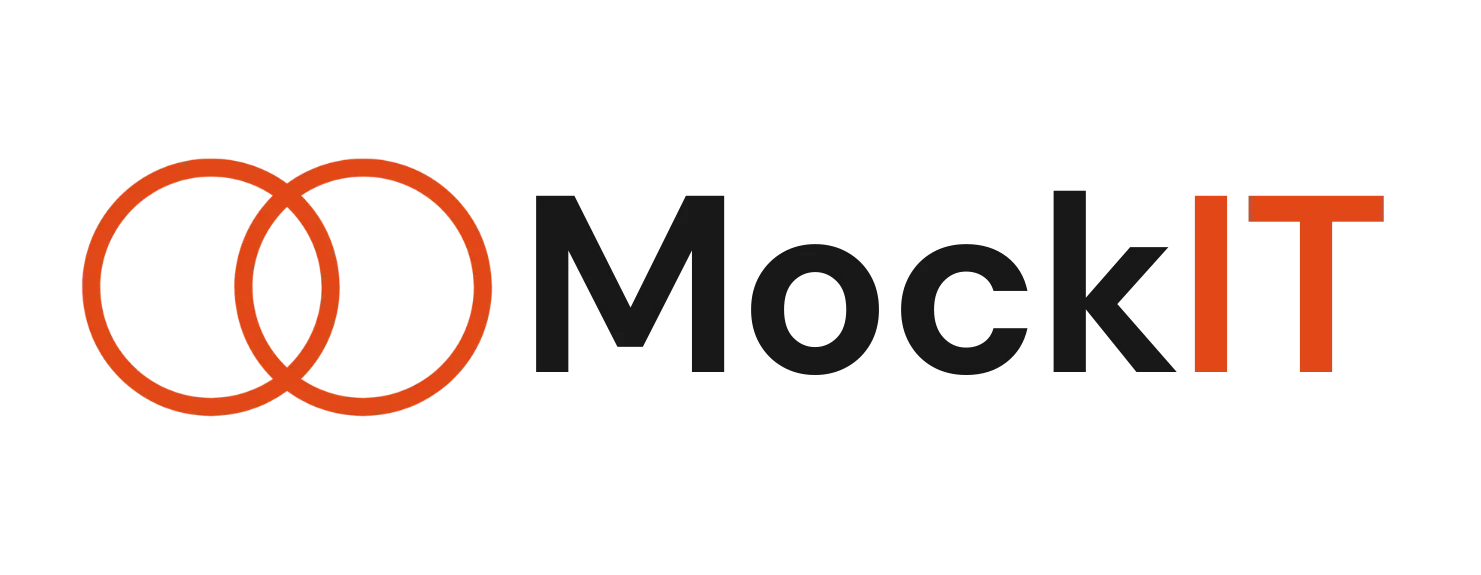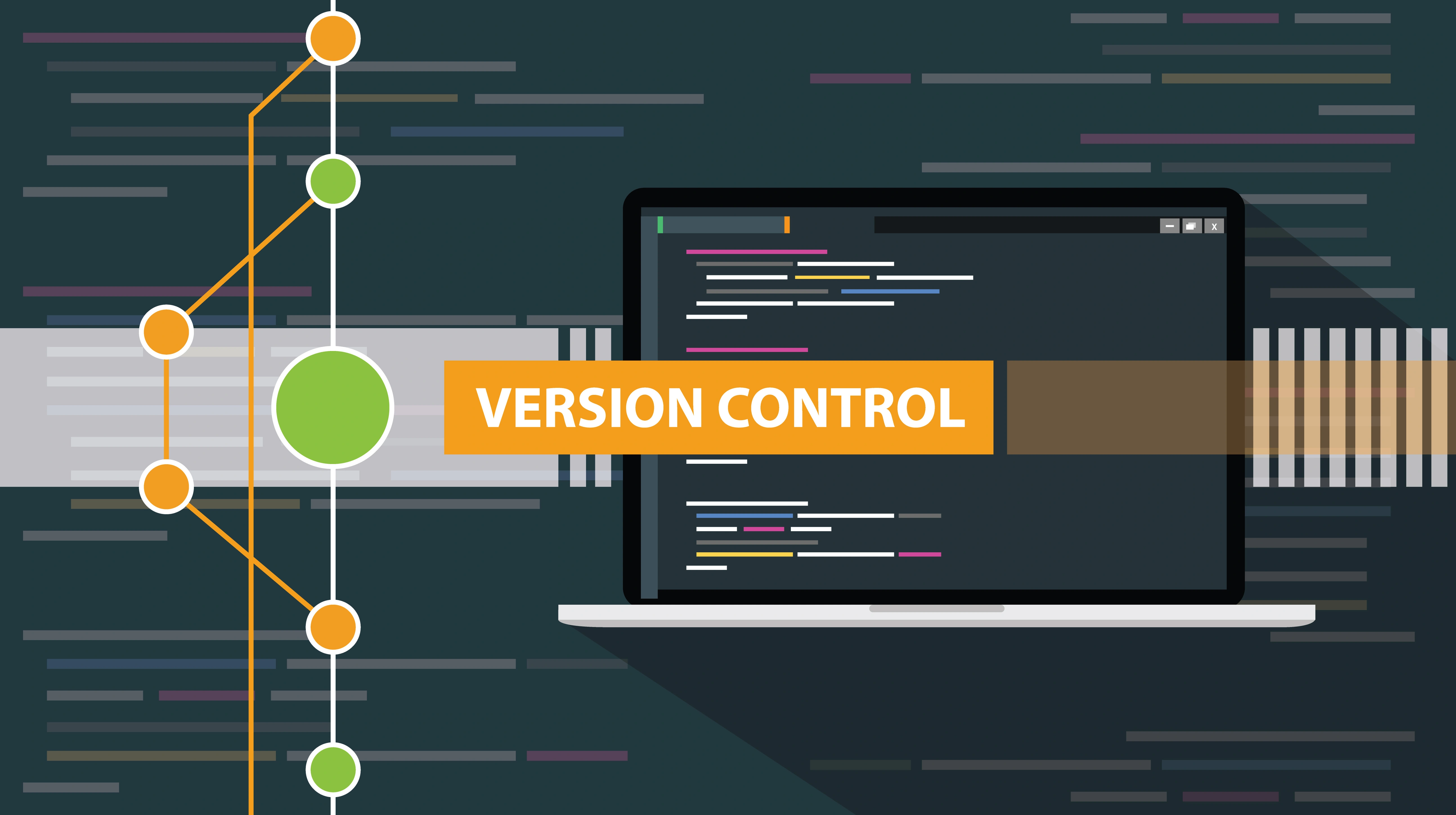
Do you get the feeling that no one is reading your CV? Not getting invitations to recruitment interviews?
Test your technical skills and let MockIT help find you a job in IT!
Git recruitment questions 2024 - prepare for a job interview with MockIT
Preparing for a programmer job interview requires knowledge of many technologies and tools. One of the key tools worth knowing is the Git version control system. It has been an industry standard for many years - its predecessor SVN has pretty much gone for good. In this article, we'll discuss Git questions that may come up during a technical job interview.
Intro
We'll discuss the most important Git concepts, advanced topics, and practical tasks. I hope this information will help you better prepare for your job interview.
Key points
You'll learn the most common Git recruitment questions
You'll understand why Git is important in the recruitment process
You'll learn basic and advanced Git concepts
You'll learn how to handle practical Git tasks during an interview

Introduction to Git
Git is a distributed version control system that allows managing and tracking changes in source code. It is commonly used in projects to coordinate team work and track change history.
In distributed version control systems, the repository and its full history are stored on users' local computers. This is the main difference between distributed and centralized version control systems, where the full repository with history is only on the central server.
Why is Git important?
Git is a daily reality in every programmer's work. Besides the ability to save changes in a remote repository and track their history, Git enables easy collaboration with other programmers on the same project. This is one of the reasons why employers expect candidates to be proficient in using it. After all, it's very likely that we'll be working on a project in a team rather than individually.
How does Git differ from GitHub?
What Git is has already been explained above. But what is GitHub, which often comes up in discussions about Git? It's an internet platform that hosts Git repositories in the cloud. In addition to storing code, we can perform many other activities there, such as creating pull requests or using GitHub Actions.
Most common areas of Git-related questions
In a job interview, you may encounter questions from different areas of Git. Here are the most frequently discussed topics:
| Area | Example topics |
|---|---|
| Basics | Repository initialization, adding changes, committing, fetching changes |
| Working with branches | Creating, merging, and deleting branches |
| Conflict resolution | Merging strategies, rebase |
| Team collaboration | Pull requests, code review |
When preparing for Git questions, remember to practically test your acquired skills. If you independently resolve conflicts a few times, you'll certainly understand how it works better than learning the rules by heart.
Basic Git concepts you must know
Repository is the main place for storing code. That's where we make changes and approve them with a commit. Each commit is a record of the project at a specific moment.
Branch is a separate line in the project's change history. Each branch represents an independent line of development, which allows simultaneous work on several functionalities without affecting each other.
Remote is a remote repository. It enables collaboration and synchronization of changes in a team.
| Git Command | Description | Application |
|---|---|---|
| git init | Repository initialization | Starting a new project |
| git clone | Copying an existing remote repository to a new location | Starting work on an existing project |
| git add | Adding changes to staging area | Preparing files for commit |
| git commit | Approving changes | Saving project state |
| git branch | Creating a new branch | Starting work on a new feature |
| git merge or rebase | Merging branches | Combining changes from different development lines |
| git pull | Fetching changes from remote repository | Updating local repository |
| git log | Displaying commit history | History review |
Advanced Git topics in recruitment questions
Unfortunately - during a job interview, you can usually expect more difficult questions than how to create a repository or branch. In daily work, more advanced issues often arise, mastering which will allow you to effectively use Git in any situation.
Git merge vs rebase
If you've been working with Git on your own, on a single branch, you probably haven't encountered the problem of merging branches yet. However, in teamwork, such situations happen very often. Comparing git merge and git rebase could be a topic for a separate article, but it's worth remembering that the key difference between these two operations is how they affect commit history.
merge - most often creates a new merging commit when joining branches. It preserves the full history of changes and is very safe during teamwork.
rebase - moves commits from a given branch to the end of the selected target branch. It creates a linear commit history, giving the impression that all changes were made directly on the target branch (usually main or master).
Resolving conflicts in Git
The ability to handle conflicts when merging branches is another important issue in Git. When Git encounters a conflict during branch merging, it marks files with conflicts using special markers (<<<<<<, ======, >>>>>>). One way to resolve conflicts is to manually edit the sections in the file and remove the conflict markers. However, modern IDEs such as IntelliJ IDEA provide graphical tools for resolving conflicts. This makes it easier to identify which changes come from which branches, and effectively resolve conflicts step by step.
Git hooks and their application
Knowledge of git hooks is the next step in learning the secrets of Git. Knowledge about them will certainly impress during a job interview. These are scripts that Git automatically runs if certain events occur in the repository's lifecycle. One of the more popular use cases is applying a hook that runs tests before making a commit and allows the commit only when all tests pass successfully.
Sample Git recruitment questions
Before a job interview, in addition to learning theory and testing it in practice, it's worth familiarizing yourself with the most popular recruitment questions. Here are some sample questions that often appear in job interviews.
Basic level:
What basic Git commands do you know?
How do you resolve conflicts in Git?
What methods of merging branches do you know?
What is head in the context of Git?
Advanced level:
What are the differences between merge and rebase?
What is interactive rebase?
What are the differences between git fetch and git pull?
What is git stash?
Practical Git tasks during a job interview
During a job interview, you may encounter practical Git tasks. It's a great opportunity to show your skills. Here are some examples of tasks that will help you prepare.
Repository work simulation
The recruiter may ask you to perform basic operations on a repository. You may be asked about commands such as:
Cloning an existing repository
Creating a new branch and switching to it
Adding changes to staging area and making a commit
Pushing changes to a remote repository
Solving typical Git problems
Problem-solving scenarios are often encountered in interviews. You may be asked about:
Fixing conflicts when merging branches
Undoing the last commit
Moving a commit from one branch to another
Finding a specific change in repository history
Demonstrating teamwork skills
In the context of teamwork, you may be asked to:
Creating pull requests
Reviewing and commenting on others' code
Merging changes from different branches
Conclusion
Learning Git is a very important stage before any recruitment, especially at the junior level. Practical exercises and work with real projects are the best ways to learn.
Thanks to solid preparation, you will not only make a good impression on the recruiter, but also gain the ability to work effectively with Git, which will be useful to you when working in a team.
